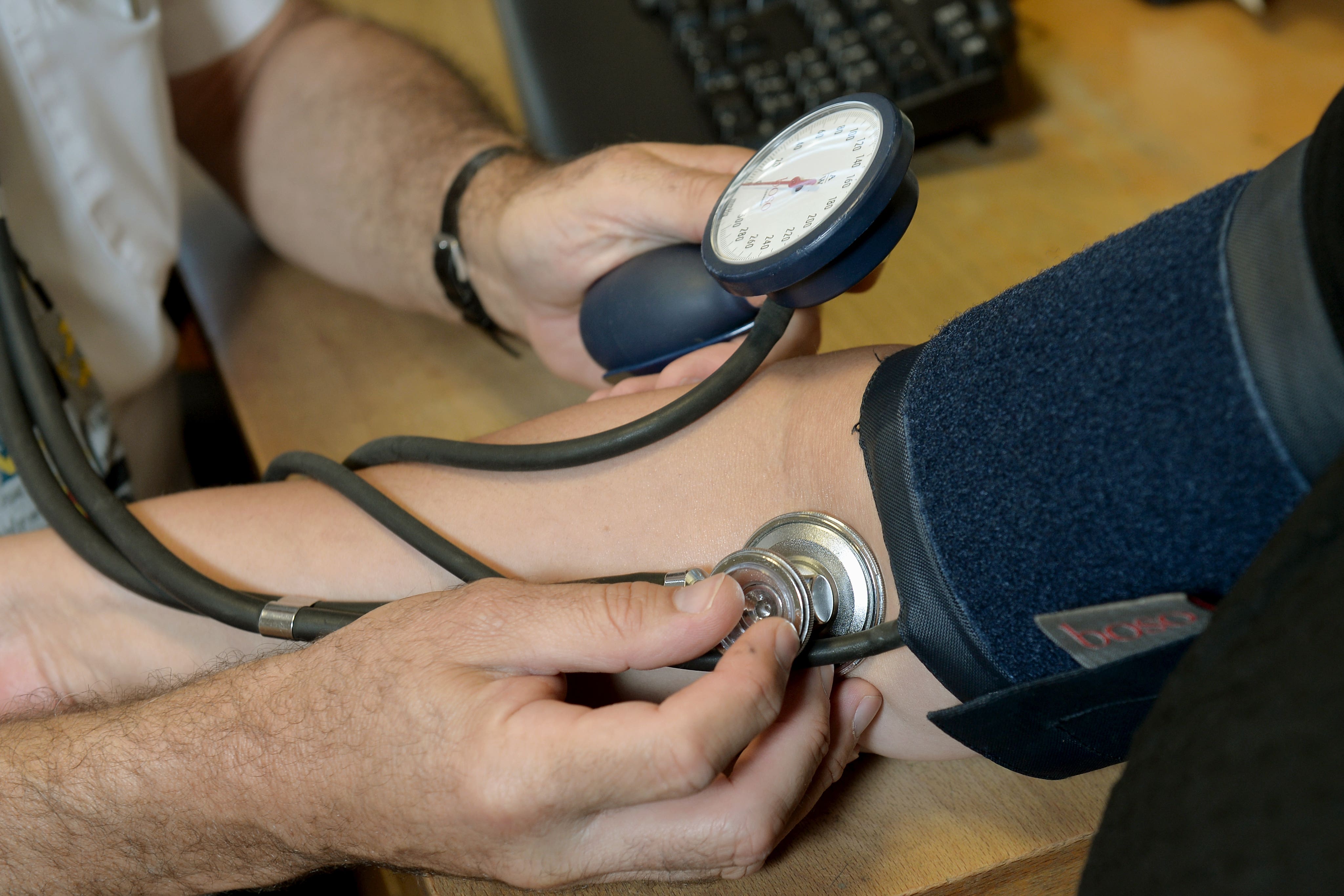Trainee doctors ‘experiencing micro-aggression and negative comments at work’
A General Medical Council survey was completed by more than 70,000 people.

Your support helps us to tell the story
From reproductive rights to climate change to Big Tech, The Independent is on the ground when the story is developing. Whether it's investigating the financials of Elon Musk's pro-Trump PAC or producing our latest documentary, 'The A Word', which shines a light on the American women fighting for reproductive rights, we know how important it is to parse out the facts from the messaging.
At such a critical moment in US history, we need reporters on the ground. Your donation allows us to keep sending journalists to speak to both sides of the story.
The Independent is trusted by Americans across the entire political spectrum. And unlike many other quality news outlets, we choose not to lock Americans out of our reporting and analysis with paywalls. We believe quality journalism should be available to everyone, paid for by those who can afford it.
Your support makes all the difference.More than a quarter of trainee doctors have been treated unfairly or unprofessionally by colleagues, according to a new survey.
The national training survey 2023 was compiled by the General Medical Council (GMC).
It is based on the responses of more than 70,000 doctors, who are either in training or act as trainers, and included questions on discrimination for the first time this year.
Questions covered the likes of unfair treatment, stereotyping and confidence in reporting discriminatory or unprofessional behaviours.
Some 27% of trainee doctors said they had experienced micro-aggression, negative comments or oppressive body language from colleagues, with this behaviour more prevalent in some specialities, including gynaecology, emergency medicine and surgery.
Discrimination doesn’t just affect individuals, it impacts teamwork, communication and potentially patient safety
Of the trainees taking part in foundation programmes – a two-year spell after completing medical school – 22% said they had been blamed for something they didn’t do, while 38% said they had heard insults, stereotyping or jokes about characteristics such as sex, age or race.
Despite the negative survey answers, 83% of trainees said they had a good or very good experience in their post, while 77% said staff always treat each other with respect.
Professor Colin Melville, the GMC’s medical director and director of education and standards, said: “Though it’s encouraging to see the majority of trainees report supportive workplaces, there are worrying findings which suggest doctors early in their careers are having a much more negative experience.
“Discrimination doesn’t just affect individuals, it impacts teamwork, communication and potentially patient safety.
“We know many organisations are already acting to address these important issues, but these findings should make clear to all healthcare professionals how poor behaviour adversely impacts others. It’s essential we create and encourage cultures where those who witness or experience discrimination are supported to speak up.”
Saffron Cordery, deputy chief executive at NHS Providers, said: “There is still a long way to go to tackle inequalities and discrimination, which remains a priority for trusts.
“Staff should always be treated with dignity and respect. Trust leaders continue to implement work to ensure staff at all levels feel safe and acknowledge there is more to be done.”
The GMC’s survey results come as junior doctors prepare to strike as part of their ongoing row with the Government over pay.
The five-day walkout is thought to be the longest in the history of the health service and will start at 7am on Thursday July 13.
The new long-term workforce plan promises to tackle staff burnout through measures including increasing the workforce. But for trainers to be able to educate new staff, their wellbeing must also be protected
Elsewhere in the GMC’s survey, 89% of trainers said they enjoyed assisting developing doctors, although 52% were identified as being at moderate risk of burnout.
Ms Cordery added: “We’re concerned many trainers feel burnt out to the point where they feel they don’t have the time to deliver training. This inevitably impacts morale, which in turn impacts retention.
“The new long-term workforce plan promises to tackle staff burnout through measures including increasing the workforce. But for trainers to be able to educate new staff, their wellbeing must also be protected.”